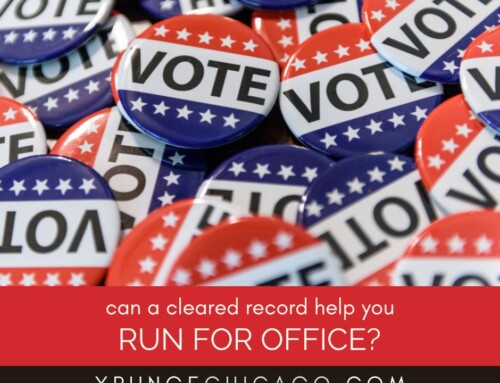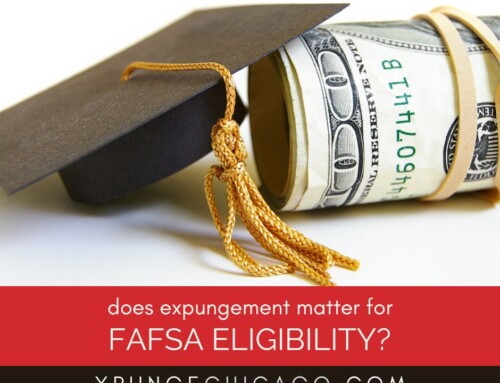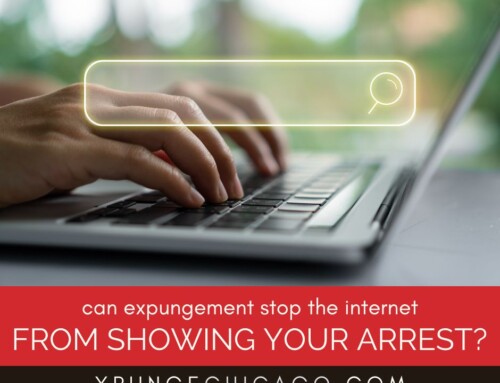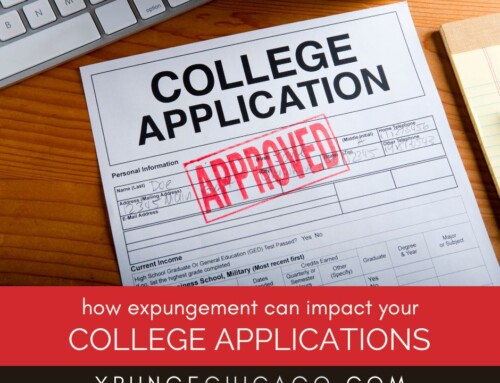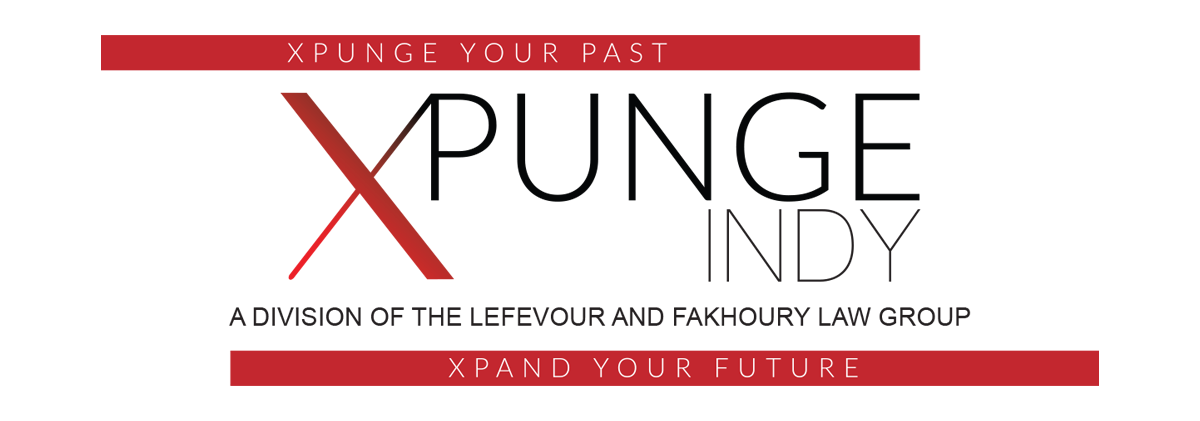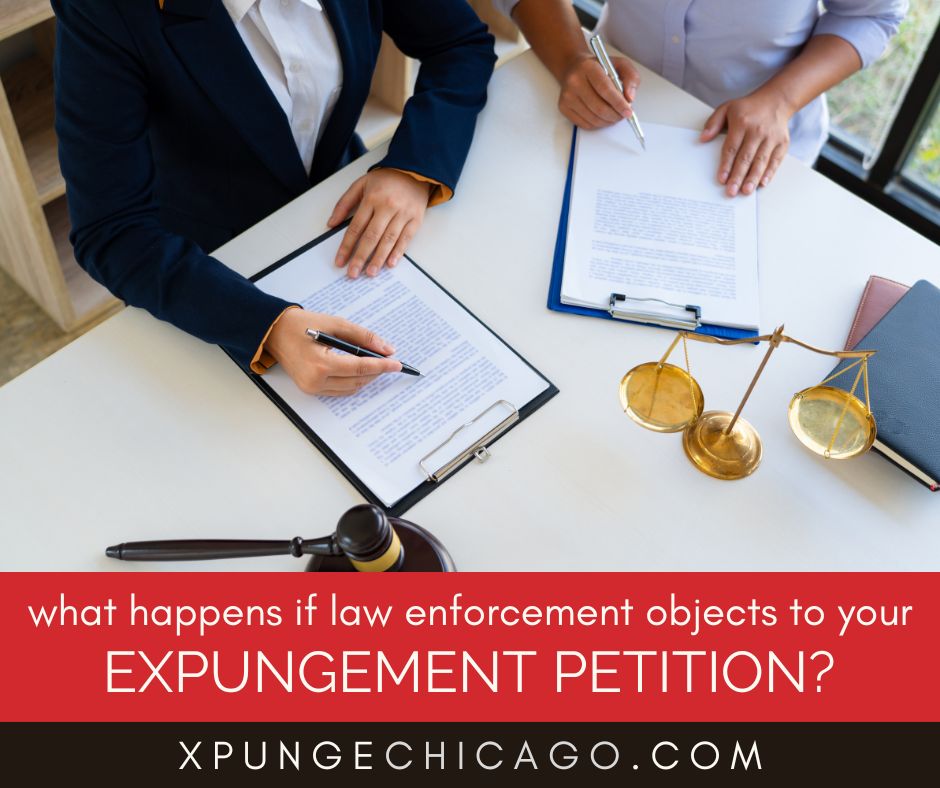
Filing an expungement petition in Illinois is the first step toward clearing your record and getting a fresh start. But the process doesn’t end with paperwork. Once you file, copies of your petition are sent to the Illinois State Police, the local police department involved in your case, and the state’s attorney’s office. These agencies are given a chance to review your request and file objections if they believe you do not qualify.
For many petitioners, receiving notice of an objection can feel discouraging. The good news is that an objection does not automatically mean your case is lost. It simply means the judge must take a closer look, often through a hearing, before deciding whether to grant or deny your expungement.
Why Law Enforcement Objects
Objections usually occur when agencies believe the petitioner does not meet eligibility requirements or that there is a public safety concern. Common reasons include:
-
Ineligibility under Illinois law: Some charges cannot be expunged, or the waiting period hasn’t been met.
-
Errors in paperwork: Missing case numbers, incorrect dispositions, or incomplete petitions can trigger objections.
-
Unpaid fines or restitution: Courts expect all obligations to be resolved before expungement.
-
Pattern of arrests: Even if eligible, multiple arrests may raise concerns about public safety.
-
Recent offenses: Law enforcement may argue that it is too soon to erase a record, especially if new charges are pending.
What Happens After An Objection
When law enforcement objects, the court will usually schedule a hearing. At the hearing:
-
The agency presents its objection and explains why the record should not be expunged.
-
You or your lawyer respond, providing evidence and arguments supporting your eligibility.
-
The judge decides whether to grant or deny the petition based on the law and the facts presented.
The objection does not carry more weight than your petition. Ultimately, it is up to the judge to make the decision.
How To Respond To An Objection
If you receive notice of an objection, it’s important not to panic. There are strategies to address it:
-
Review the objection carefully to understand the exact reason.
-
Gather documentation to counter the objection, such as proof of program completion, payment of fines, or a certified disposition.
-
Highlight rehabilitation with letters of recommendation, employment records, or community service evidence.
-
Clarify eligibility by citing Illinois statutes that support your right to expungement.
With a well-prepared response, many objections can be overcome.
The Role Of Judges
Judges have the final say. Even if law enforcement objects, a judge may still grant your petition if you meet eligibility requirements and present a strong case. Conversely, even if no one objects, a judge can still deny expungement if they believe the petition doesn’t qualify under the law. This is why preparation is critical at every stage.
Why Legal Guidance Matters
When objections arise, legal help becomes especially valuable. Lawyers experienced in expungement can:
-
Review the objection and explain its legal basis
-
Prepare a response supported by law and evidence
-
Represent you at the hearing and advocate for your eligibility
-
Anticipate challenges and address them before they derail your case
It’s important to remember that no lawyer can guarantee success. Judges make the final decision, and each case is unique. Still, legal representation can significantly improve your chances of overcoming objections and securing expungement.
Moving Forward After An Objection
An objection is not the end of your expungement journey—it’s simply an extra step. Many people successfully obtain expungement even after law enforcement challenges their petitions. By understanding the process, preparing thoroughly, and working with legal counsel, you can maximize your chances of clearing your record and moving forward with confidence.
Do You Need to Talk to an Attorney About Expungement or Sealing?
If you’re tired of your criminal past coming back to bite you, we may be able to help. Call us right now at 847-920-4540 or fill out the form below so we can talk about your case.
Oops! We could not locate your form.


